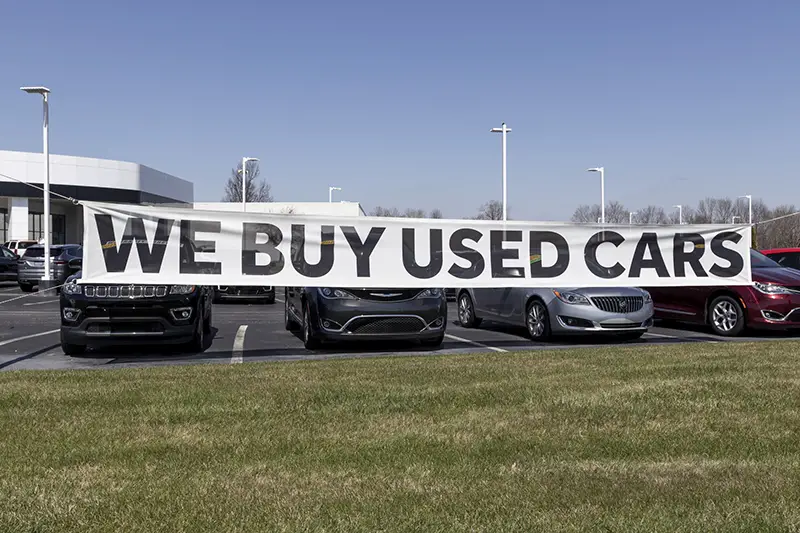Click here to get this post in PDF
For most of us, buying our first car is the stuff of dreams. As compared to life goals, buying a new car is right up there with purchasing a house. However, while real estate keeps appreciating in value, a vehicle is something that will depreciate.
Purchasing a $50k vehicle only to find out you have lost more than 30% of its value in the first year itself can be heartbreaking. In financial terms, this reduction in value is known as Depreciation. This phenomenon hurts both private as well as commercial vehicles.
In this article, we are going to discuss everything that you need to know about vehicle depreciation values. If you are thinking about buying a new car and are worried about depreciation, you should read the article and hear what our experts have to say.
Purchase commercial vehicles from Think One to overcome the challenges and fears of depreciation.
Depreciation: Understanding the concept
Asset classes are prone to either appreciating or depreciating in value. Most assets might experience both depending on market fluctuations. However, some assets like real estate, gold, and cash deposits appreciate more than they depreciate.
Others like vehicles and tech products usually depreciate. Unless you have a rare and vintage make and model that is highly desirable, most commercially manufactured vehicles depreciate.
Depreciation refers to the difference in the value of a vehicle at different points. For example, you pay an amount when you purchase a new vehicle. As soon as you leave the showroom, the value of the vehicle drops by 10%. Within a year, the same goes down by another 15%-20%.
While most of us worry about issues like fuel costs, insurance premiums, and free service, we tend to forget about the most important problem- depreciation. This is something that affects different vehicles and brands.
Major Reasons why vehicles depreciate in value
In this section, we look at some major reasons why almost 99% of all commercially manufactured vehicles lose value.
1. New Tech Advancements-
Look around you, every manufacturer out there is trying to outdo the other by loading the vehicle with as much technology as possible. As we all know, every technology has a shelf life, and when that becomes redundant, a vehicle starts losing value. Car technologies are evolving at a rapid pace. This means that older technologies are becoming undesirable with every passing moment.
2. Changing Emission Norms-
Most governments around the world are cracking down on the emissions front. This means new and improved vehicles that pollute the environment less are flooding showrooms and roads. Every time there is a new emission norm, we do not have any option other than to subscribe to the same. This makes a lot of the vehicles with older transmission systems fall out.
3. Newer and Better Models and Consumer Behaviours-
Let us face it, we all want the latest, best and fanciest vehicles on the road – VAuG has recently imported the new Shuttle. Manufacturers know this. This is why they are quick to ensure faster product cycles. One make will not see a run for more than a couple of years at best. As soon as the new model makes its way to the market, the older model or the same make loses desirability and depreciates heavily.
4. The Shift towards Electrification-
The auto industry is in the midst of probably its biggest transition. Most manufacturers have already poured billions of dollars into exploring electric powertrains. This is making fuel-run vehicles less wanted and contributing to their lower valuations. With electric vehicles not only becoming cool and fancy, but they are also being upon from the lens of responsibility.
5. Normal wear and tear of Vehicles depreciates value-
Last, but by no means the least is the normal wear and tear that almost all vehicles experience. This is why experts point out that vehicles that are properly maintained tend to retain their value as compared to the ones that have been roughly maintained. The parts of a machine have a life, and once that nears completion, things start requiring more maintenance and replacements.
The Bottom Line
The topic of depreciation has triggered the debate between old and new cars. A lot of businesses, individuals and families who do not want to suffer from depreciation tend to opt for used cars and vehicles. As compared to newer cars, used cars tend to hold on to their value and suffer from less depreciation. This is one major reason why used car dealerships are helping a lot of people with their needs in recent years.
You may also like: Reasons Why Buying a Used Car Is Better Than a New Car
Image source: Dreamstime.com

